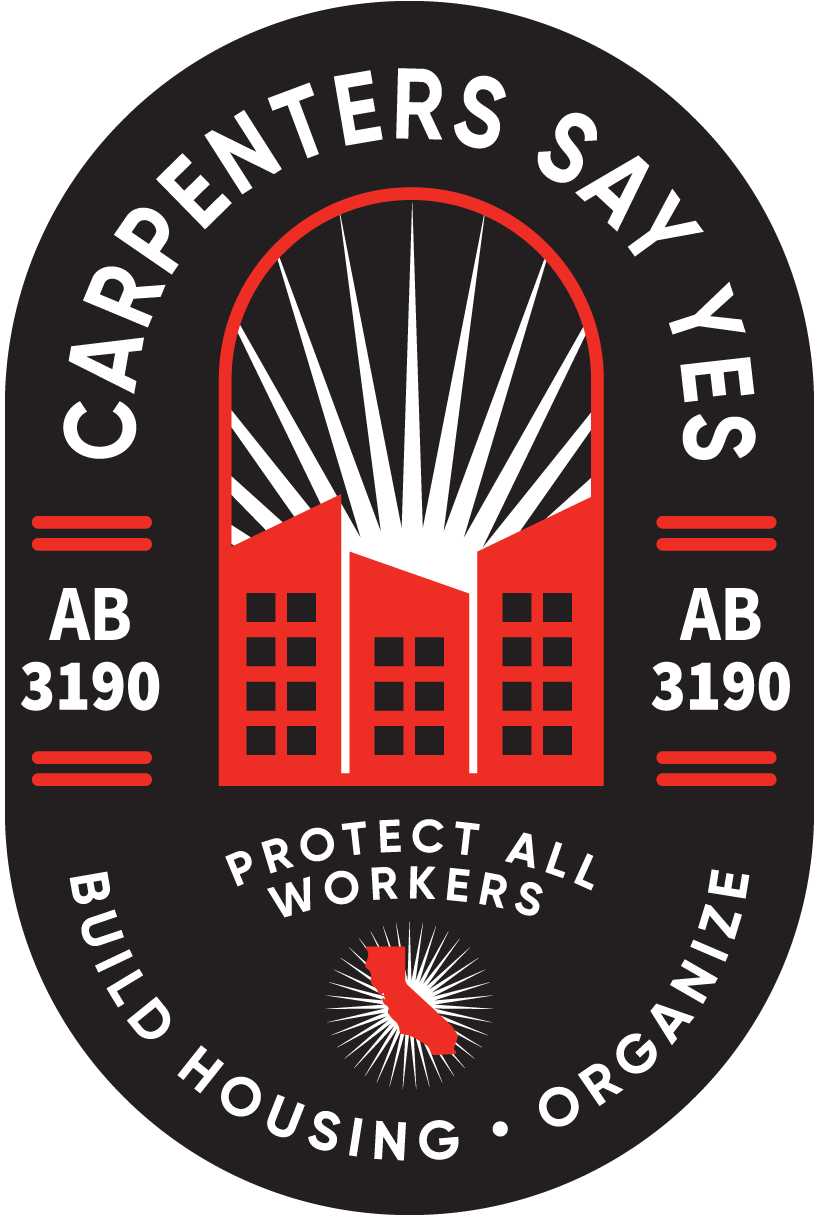SUMMARY
To ensure all construction workers receive adequate wages and that the State can meet its housing goals, AB 3190 closes the loopholes in the State’s public works law that prevent construction workers on affordable housing projects from receiving a prevailing wage.
BACKGROUND
A prevailing wage is triggered in California when a project uses public funds and is a public works project. There are three types of public funds that are exempt from paying a prevailing wage. If a project receives funding through any of these funds, they are not required to pay the industry standard. From 2021 to 2023, $1 billion worth of affordable housing projects (nearly 16,500 units) were funded through one of the exemptions and the workers on these projects were not paid a prevailing wage.
Recently, an appellate court and the Department of Industrial Relations ruled that current law on these exemptions is too ambiguous and needs to be clarified by the Legislature.
EXISTING LAW
Two types of funding are exempted from paying a prevailing wage on a public works project:
- State Low-Income Housing Tax Credits (State LIHTCs);
- State and Local below-market-rate loans (BMR loans);
PROBLEM
The State LIHTC program has grown to provide nearly $500 million per year to affordable housing projects. State and local BMR loans contribute an additional $700 million per year in funding for affordable housing. The increase in the use of both of these funds – and their exemption from public works law – means that many affordable housing projects in our State do not have to pay the workers on these jobs a prevailing wage.
Unfortunately, the prevailing wage exemptions – as well as lack of benefits and wage theft – prevent the State from recruiting construction workers to work on housing projects. California needs 100,000 more residential construction workers to meet the State’s affordable housing production goals. It also needs an additional 200,000 construction workers to meet the State’s overall housing goals.
Additionally, due to the ambiguity in current law, developers attempt to avoid prevailing wage requirements. Funding sources like grants and below-market-rate land transfers—which might otherwise trigger a prevailing wage—get structured as below-market-rate loans, which developers then claim are exempt from California's public works law.
SOLUTION
AB 3190 will extend the State’s prevailing wage law to construction workers building affordable housing projects that receive State LIHTC or BMR loans. This will help the State recruit, train, and retain construction workers for affordable housing projects and help the State reach its housing goals.
